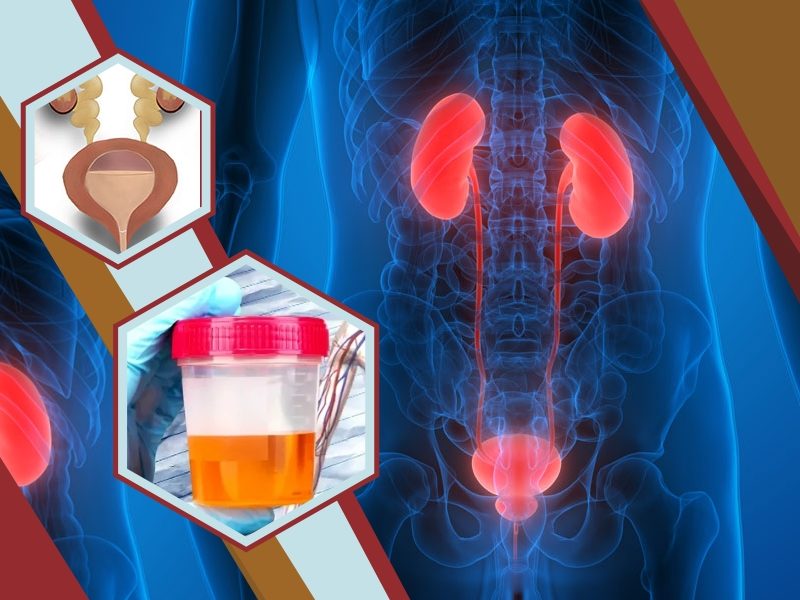What Causes Urinary Obstruction?

The causes of Urinary Obstruction depend on their type. Some types of Urinary Obstruction are present at birth and are called congenital. This condition occurs if there is a blockage in one or both of the tubes that carry urine from the kidneys to the bladder. Urinary Obstruction is treatable, but if left untreated, symptoms can quickly move from mild to severe.
Signs and Symptoms of Urinary Obstruction

There are various signs and symptoms of Urinary Obstruction. Patients who have stones may experience severe pain. A gradual blockage usually develops slowly and builds over time. At first, symptoms can seem mild, but can quickly worsen. The following symptoms may indicate a blocked ureter or urinary tract obstruction:
- Nausea or vomiting
- Pain in your abdomen, lower back, or sides below your ribs
- Fever
- Frequent urination
- Difficulty urinating or emptying your bladder
- Recurring urinary tract infections (UTI)
- Urine that is bloody or cloudy
- Swollen legs
Causes of Urinary Obstruction
Different types of Urinary Obstruction have different causes including:
- A Second (Duplicated) Ureter: This is a common condition, which is congenital that causes the two ureters to form on the same kidney. The second ureter can be fully or only partially developed. If either ureter doesn’t function well, urine can back up into the kidney and might cause damage.
- A Blockage (Obstruction) Where the Ureter Connects to the Kidney or Bladder: This prevents the flow of the urine. A blockage where the ureter and kidney meet may cause the kidney to swell and eventually stop working.
- Ureterocele: If a ureter is too narrow and doesn’t permit urine to flow completely, a tiny bulge in the ureter may develop. This can block urine flow and cause urine to back up into the kidney, possibly leading to kidney damage.
- Retroperitoneal Fibrosis: This is a rare disorder that occurs when fibrous tissue grows in the area behind the abdomen. The fibers may grow as the result of cancer tumors or from taking certain medications used for the treatment of migraines. The fibers encircle and block the ureters which cause the urine to back up into the kidneys.
Treatment for Urinary Obstruction
Urinary Obstruction treatment aims to remove blockages if possible. There are several ways to treat the condition including:
1. Drainage Procedures
A Urinary Obstruction that causes severe pain may need an immediate procedure to remove urine from your body and temporarily relieve the problems caused by a blockage.
2. Surgical Procedures
Urinary obstruction surgery may be performed through one of these surgical approaches:
- Endoscopic surgery
- Open surgery
- Laparoscopic surgery
- Robot-assisted laparoscopic surgery
3. Medication
Treatment might include antibiotics to clear associated infections. However, there is a drug usually recommended to treat Urinary Obstruction:
This medicine helps relax the muscles in the prostate and the opening of the bladder. As a result, the drug may help increase the flow of urine and lessen the symptoms.



